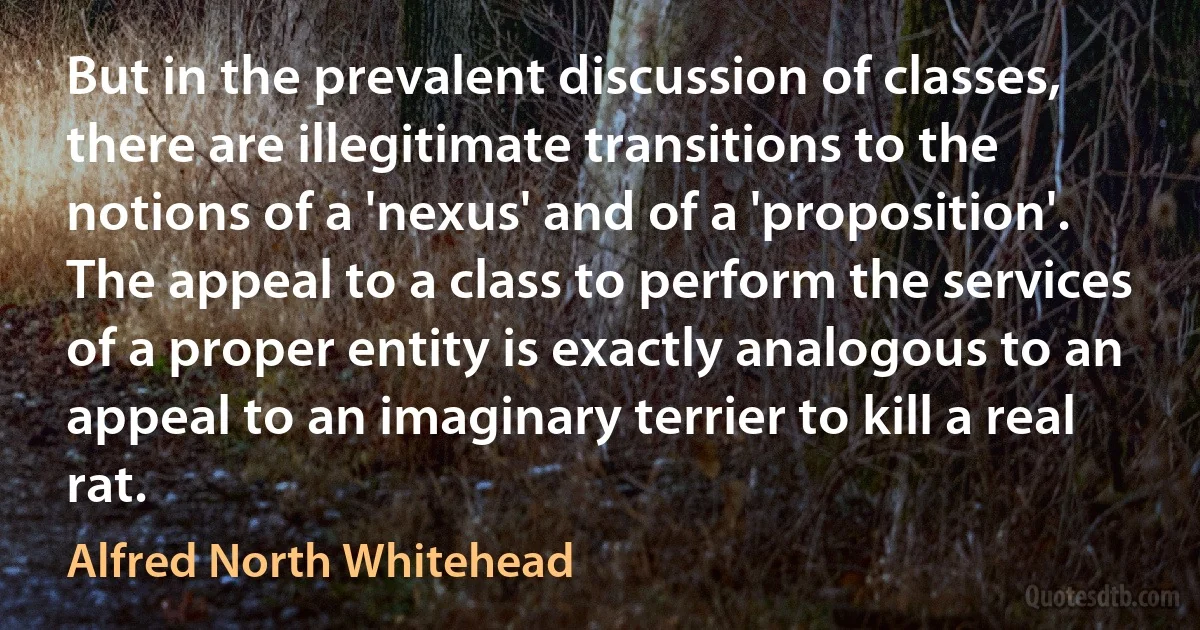Entity Quotes - page 9
The major difference between Astaire and Kelly is a difference, not of talent or technique, but of levels of sophistication. On the face of it, Kelly looks the more sophisticated. Where Kelly has ideas, Astaire has dance steps. Where Kelly has smartly tailored, dramatically apt Comden and Green scripts, Astaire in the Thirties made do with formulas derived from nineteenth-century French Farce. But the Kelly film is no longer a dance film. It's a story film with dances, as distinguished from a dance film with a story. When Fred and Ginger go into their dance, you see it as a distinct formal entity, even if it's been elaborately built up to in the script. In a Kelly film, the plot action and the musical set pieces preserve a smooth community of high spirits, so that the pressure in a dance number will often seem too low, the dance itself plebeian or folksy in order to "match up" with the rest of the picture.

Fred Astaire
Pleasure and distress, fear and courage, desire and aversion, where have these affections and experiences their seat?Clearly, either in the Soul alone, or in the Soul as employing the body, or in some third entity deriving from both. And for this third entity, again, there are two possible modes: it might be either a blend or a distinct form due to the blending.

Plotinus
The negation of cognition thus correlates on the verbal level. For when those two pillars of Western humanism, individual cognition and evolutionary continuity, lose their meaning, language loses meaning. Existence ceases for the individuum as we know it, and all becomes chaos. You cease to be a unique entity unto yourself, but exist simply as chaos. And not just the chaos that is you; you chaos is also my chaos. To wit, existence is communication, and communication, existence.

Haruki Murakami
There will be no peace in Europe if the States rebuild themselves on the basis of national sovereignty, with its implications of prestige politics and economic protection.... The countries of Europe are not strong enough individually to be able to guarantee prosperity and social development for their peoples. The States of Europe must therefore form a federation or a European entity that would make them into a common economic unit.

Jean Monnet
The true function of phantasy is to give the imagination a ground for limitless expansion, and to satisfy aesthetically the sincere and burning curiosity and sense of awe which a sensitive minority of mankind feel toward the alluring and provocative abysses of unplumbed space and unguessed entity which press in upon the known world from unknown infinities and in unknown relationships of time, space, matter, force, dimensionality, and consciousness.

H. P. Lovecraft
The solution, as all thoughtful people recognize, must lie in properly melding the themes of inborn predisposition and shaping through life's experiences. This fruitful joining cannot take the false form of percentages adding to 100-as in "intelligence is 80 percent nature and 20 percent nurture,” or "homosexuality is 50 percent inborn and 50 percent learned,” and a hundred other harmful statements in this foolish format. When two ends of such a spectrum are commingled, the result is not a separable amalgam (like shuffling two decks of cards with different backs), but an entirely new and higher entity that cannot be decomposed.

Stephen Jay Gould
The soul is not a physical entity, but instead refers to everything about us that is not physical - our values, memories, identity, sense of humor. Since the soul represents the parts of the human being that are not physical, it cannot get sick, it cannot die, it cannot disappear. In short, the soul is immortal.

Harold S. Kushner
The Real is therefore simultaneously both the hard impenetrable kernel resisting symbolization and a pure chimerical entity which has in itself no ontological consistency. To use Kripkean terminology, the Real is the rock upon which every attempt at symbolization stumbles, the hard core which remains the same in all possible worlds (symbolic universes); but at the same time its status is thoroughly precarious; it is something that persists only as failed, missed, in a shadow, and dissolves itself as soon as we try to grasp it in its positive nature... like a traumatic event constructed backwards.

Slavoj Žižek
If you make something, it's an artifact. It's something that somebody or some corporate entity has caused to come into being. A great many human beings have thought about each of the artifacts that surround us. Different degrees of intelligence and attention have been brought to bear on anything.

William Gibson
"Tell me who it is who brings about the re-birth (the revolutio)?" is asked of the wise Hermes. "God's Son, the only man, through the will of God," is the answer of the "heathen." "God's son" is the immortal spirit assigned to every human being. It is this divine entity which is the "only man," for the casket which contains our soul, and the soul itself, are but half-entities, and without its overshadowing both body and astral soul, the two are but an animal duad. It requires a trinity to form the complete "man," and allow him to remain immortal at every "re-birth," or revolutio, throughout the subsequent and ascending spheres, every one of which brings him nearer to the refulgent realm of eternal and absolute light.

Helena Petrovna Blavatsky



